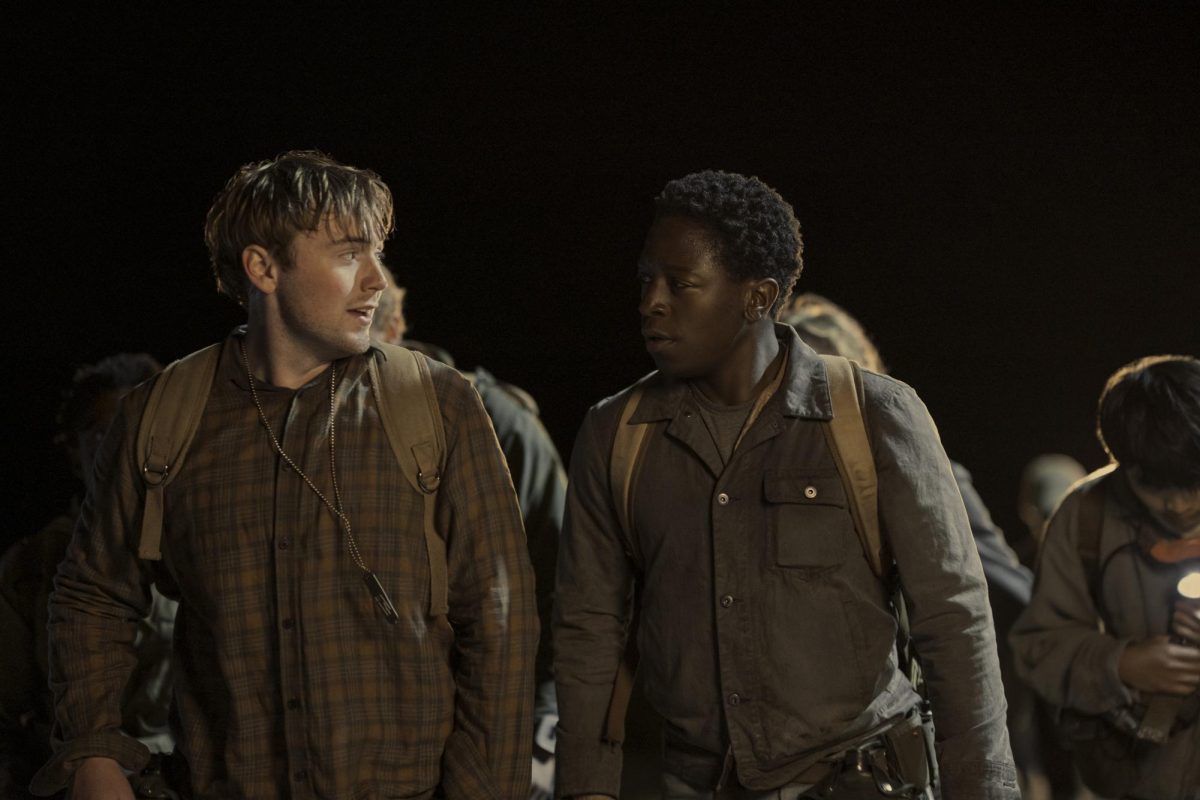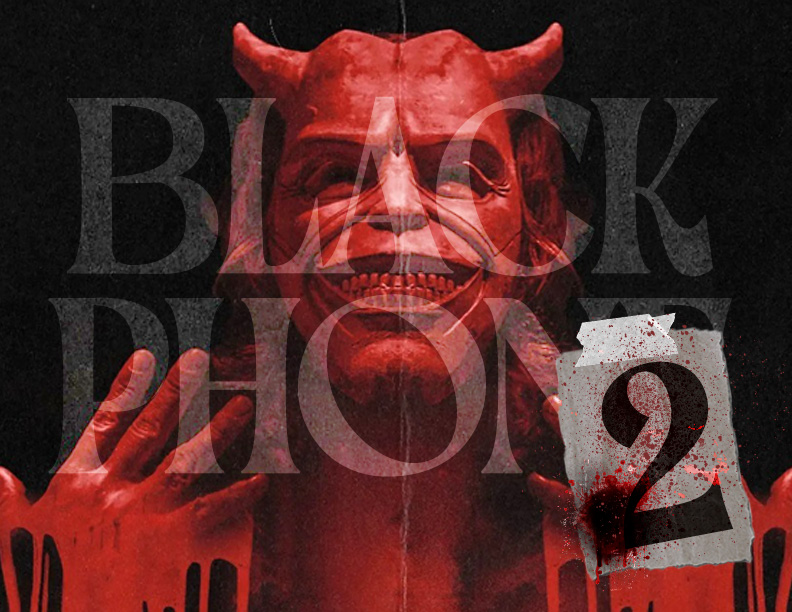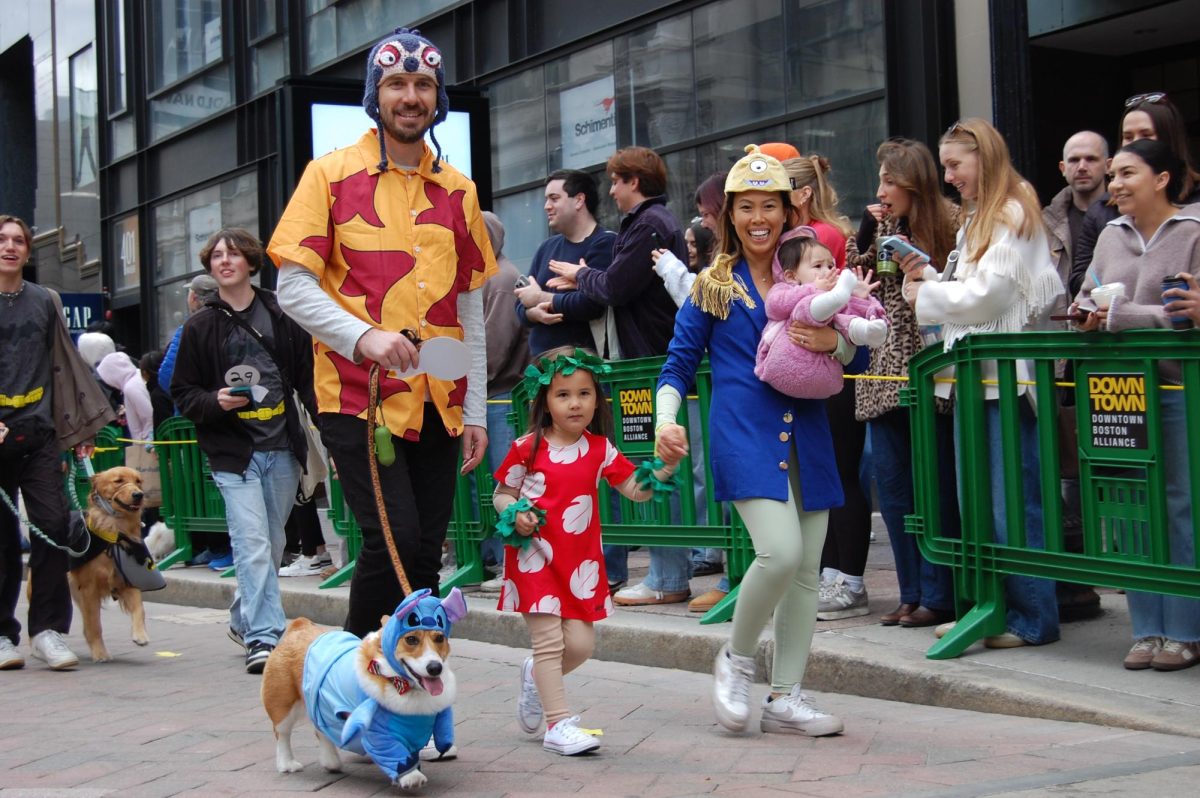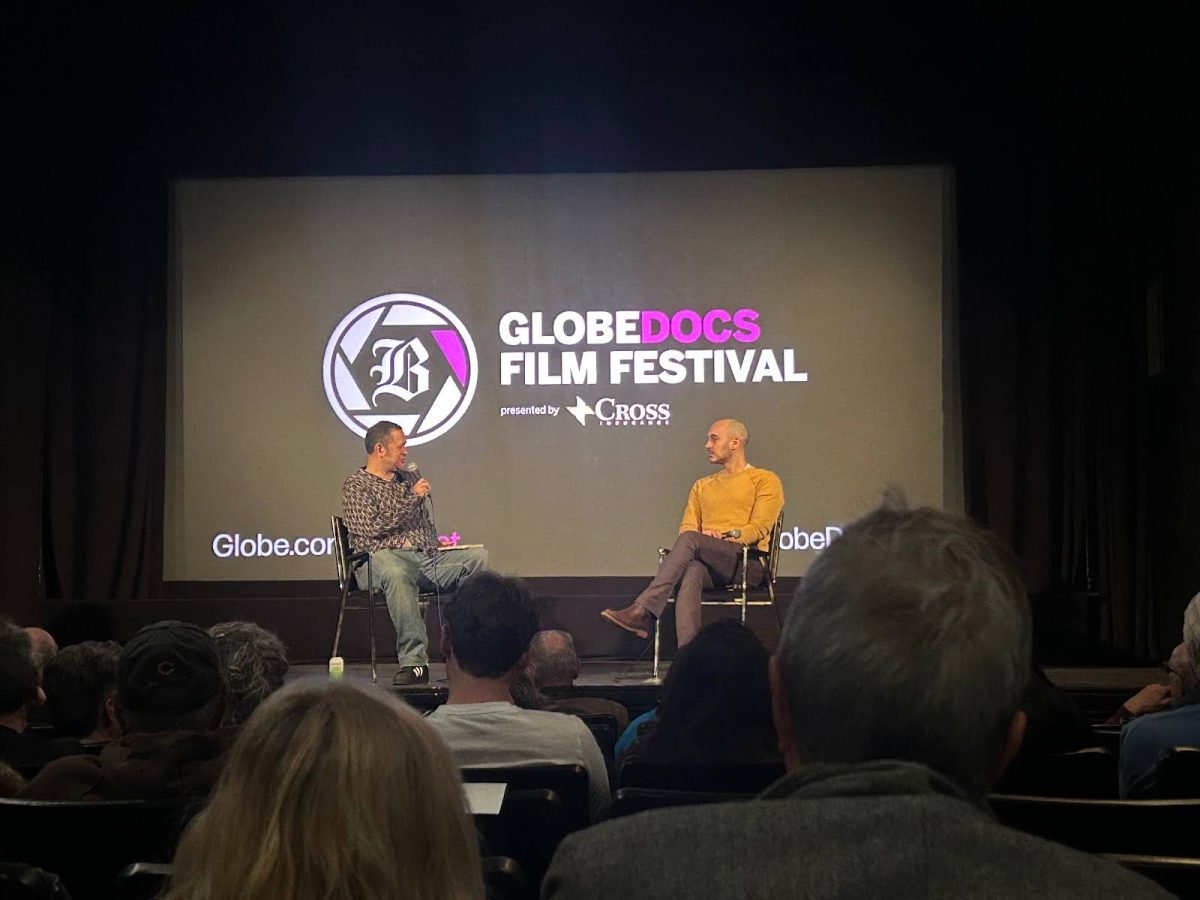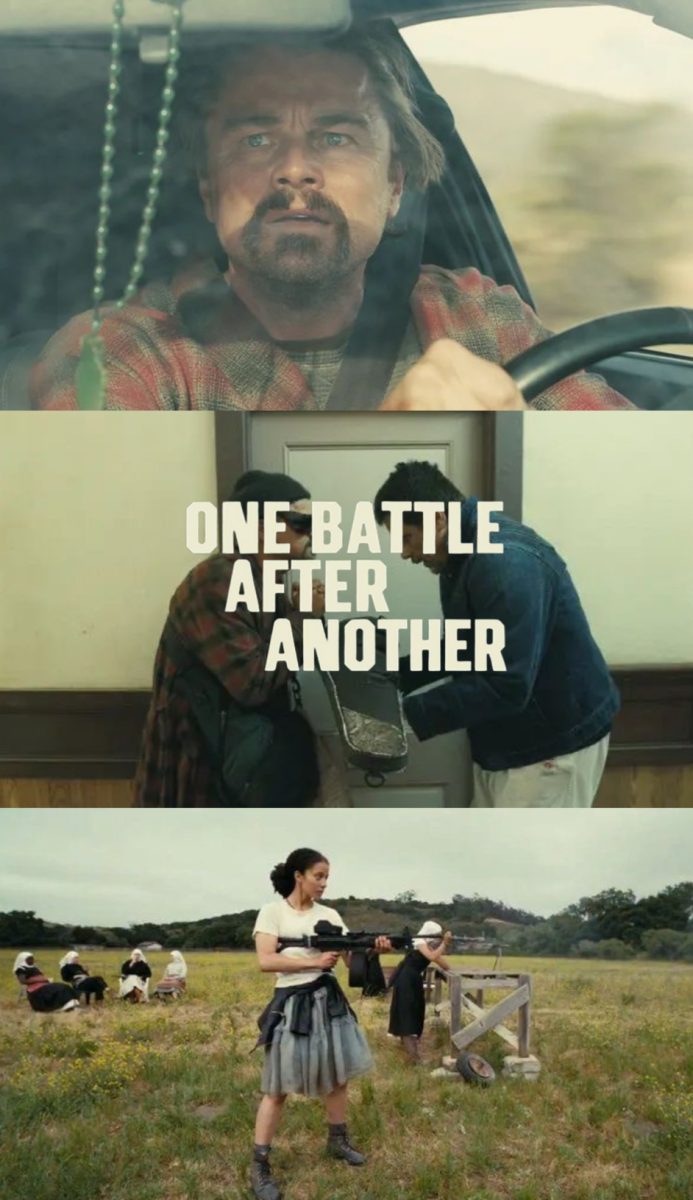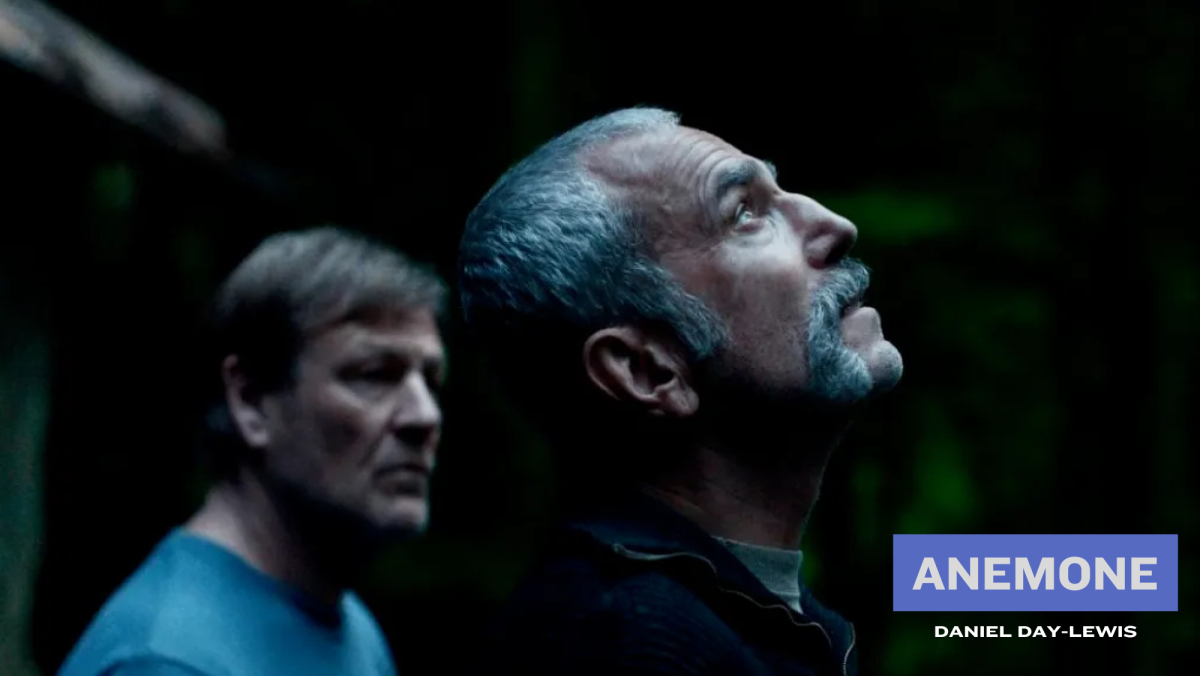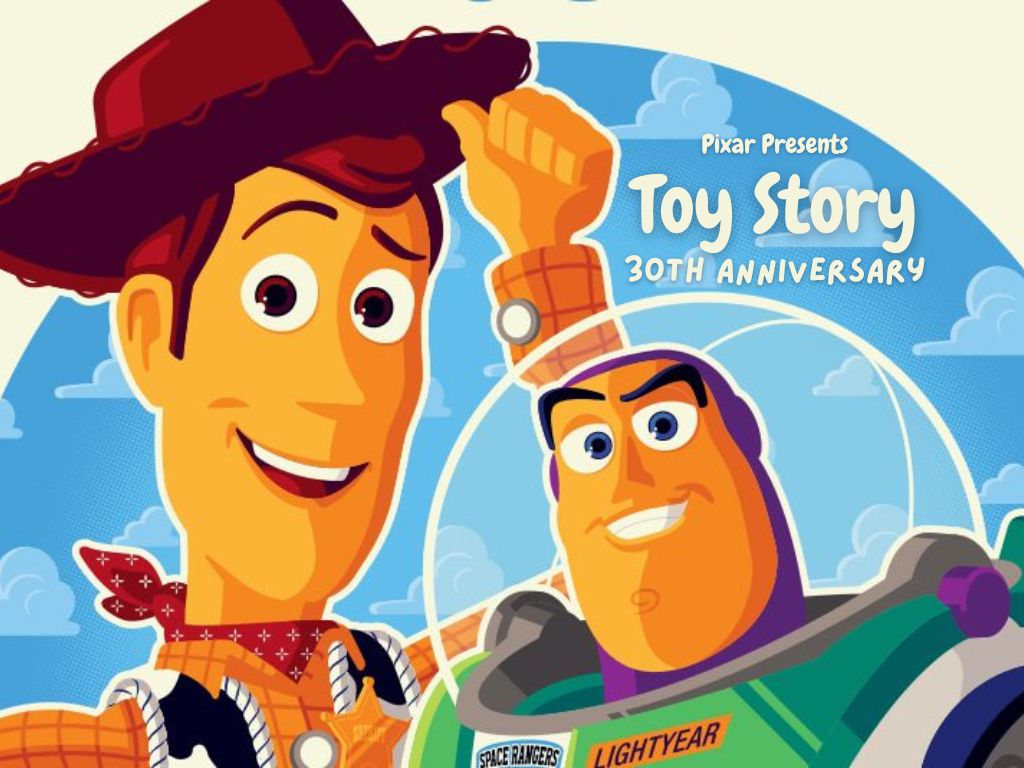One of Stephen King’s earliest novels, “The Long Walk” (1979), presents a seemingly straightforward concept for the big screen: a group of boys walking down an endless road. However, Director Francis Lawrence, known for creating unsettling dystopian environments in “The Hunger Games” series, transforms this simplicity into a brutally harrowing film resulting in the audience feeling as exhausted — if not more so — as the so-called ‘willing’ participants.
The film follows 50 young boys selected by the lottery to participate in the annual Long Walk. The rules are simple yet deadly: each participant must maintain a speed of three miles per hour along a designated path. Stray away from the road, fail to keep pace, or simply stop walking, and they’ll be executed at point-blank range by armed soldiers. Each contestant only receives three warnings for every three hours of the challenge, leaving little room for error. There is no finish line; only the last boy standing will receive an unspecified fortune and a single wish.
Among the 50 participants, the movie focuses on Raymond “Ray” Garraty, played by Cooper Hoffman. Ray arrives at the starting point after his mother, Ginnie Garraty (Judy Greer), reluctantly drops him off. There, Ray meets several other participants, including Hank Olson (Ben Wang), Arthur Baker (Tut Nyuot) and Peter McVries (David Jonnson). Together, they form strong bonds, which, in my opinion, is a bold move in a game where only one can emerge victorious. However, their male camaraderie proved me wrong.
As days go by, the four boys support each other as best they can while battling insomnia, fatigue and injuries. Their bond is constantly being tested as the stakes rise with each step they take, while the movie takes you on an emotionally compelling and brutal physical journey.
Despite the film’s visual simplicity — a roadway for the majority of the movie — “The Long Walk” keeps the audience engaged through unexpected deaths, subtle character moments and, most interestingly to me, the reasons behind each participant’s decision to join. Most, of course, are seeking wealth, but Ray has a personal vendetta against The Major (Mark Hamill), the film’s main antagonist, and is there seeking revenge.
Unlike “The Hunger Games,” where the lottery system forcibly selects unwilling participants, the boys in “The Long Walk” voluntarily sign up. In a society as oppressive and hopeless as theirs — a post-war world ruled by the military — volunteering is less about freedom and more about desperation.
Peter, Ray’s closest companion, captures this mindset.
“I don’t have much to lose, but I have everything to gain, and that’s why I’m here,” said Peter.
Every participant understands how limited their opportunities are and how harsh their world has become. Participating in the challenge is their only chance to gain wealth and a fleeting sense of purpose. Though technically a choice, it is an illusion, as the boys feel so constricted that they would rather risk dying than live under military rule.
As much as I loved the way Ray and Peter’s characters formed a beautiful friendship, the existential dread of knowing there could only be one winner — and that either one or both might not survive — was gut-wrenching. If you know anything about Stephen King, you know he’s not afraid to deliver bold, unexpected endings that leave you feeling empty. “The Long Walk” is no exception.
Without revealing too much, the film’s ending captures exhaustion and a sense of hopelessness on another level that had been building since the very beginning. Lawrence’s adaptation perfectly replicated King’s vision of a dystopian world ruled under military control. This movie truly breaks the stereotype that “the book is always better.”


